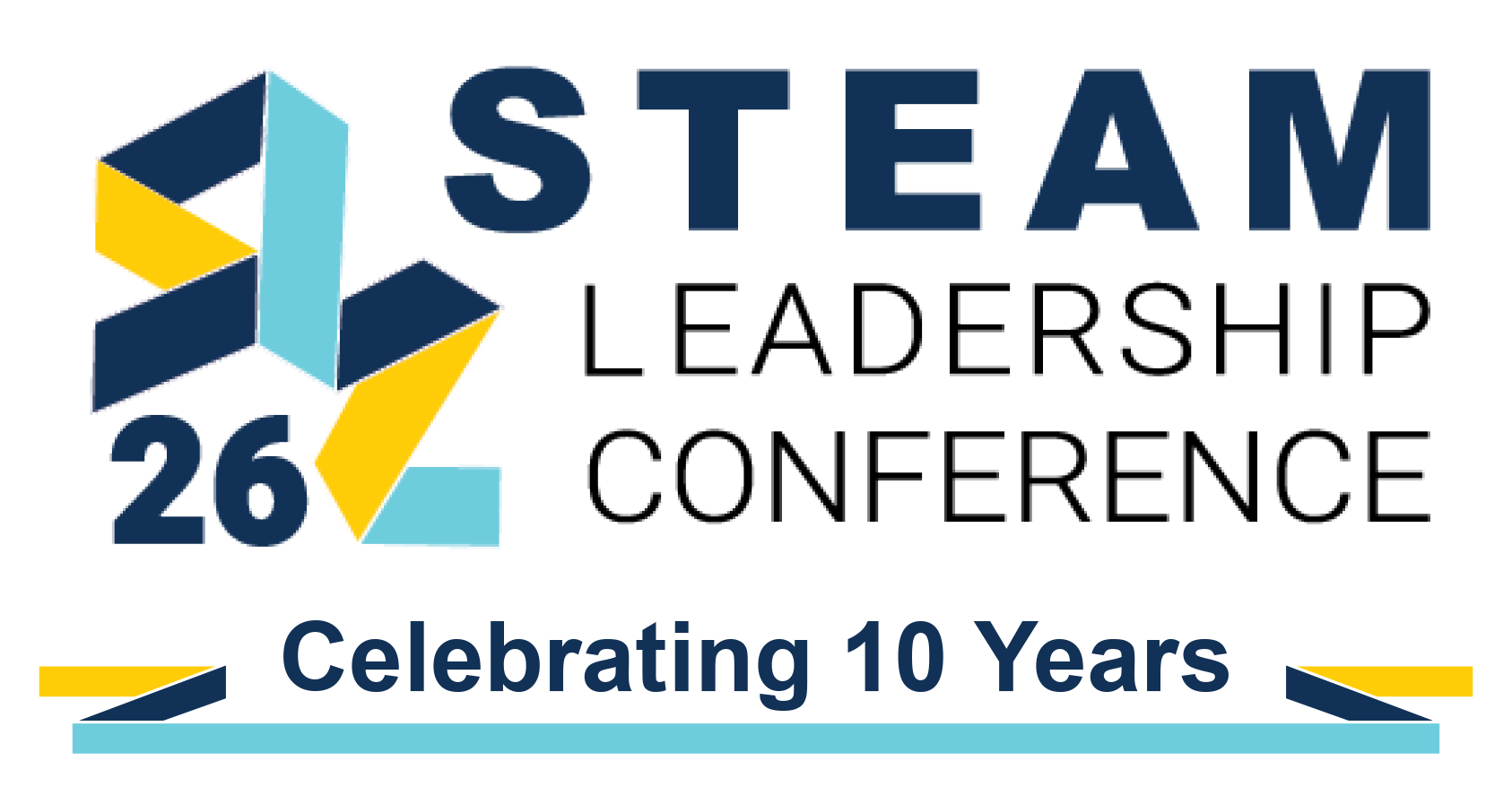
Registration is now open!
The 2026 STEAM Leadership Conference at Georgia Tech will provide an inspiring array of experiences to build and engage STEAM for our 10th annual conference that will take place on Friday, February 27, (virtual) 2026.
Registration Costs
Friday, February 27, (virtual) - $75.00 per person
Register now!
*Please note, if you register for our in-person day, you will be asked during the registration process to pre-select which workshops you would like to attend for each time slot. We highly recommend previewing the session descriptions on the Conference Schedule page before registering, and making note of the workshop names you are interested in.
View the full conference schedule and session descriptions here.
CONFERENCE THEME
STEAM Without Walls: Bridging Classrooms, Communities, and Careers
This year marks a milestone: the 10th Annual STEAM Leadership Conference! For a decade, this learning experience has brought together bold thinkers and passionate educators who believe in the power of STEAM to transform lives. Our 2026 theme, “STEAM Without Walls: Bridging Classrooms, Communities, and Careers,” invites educators, leaders, researchers, policymakers, artists, and industry professionals to break down barriers and imagine what’s possible when learning extends beyond traditional walls.